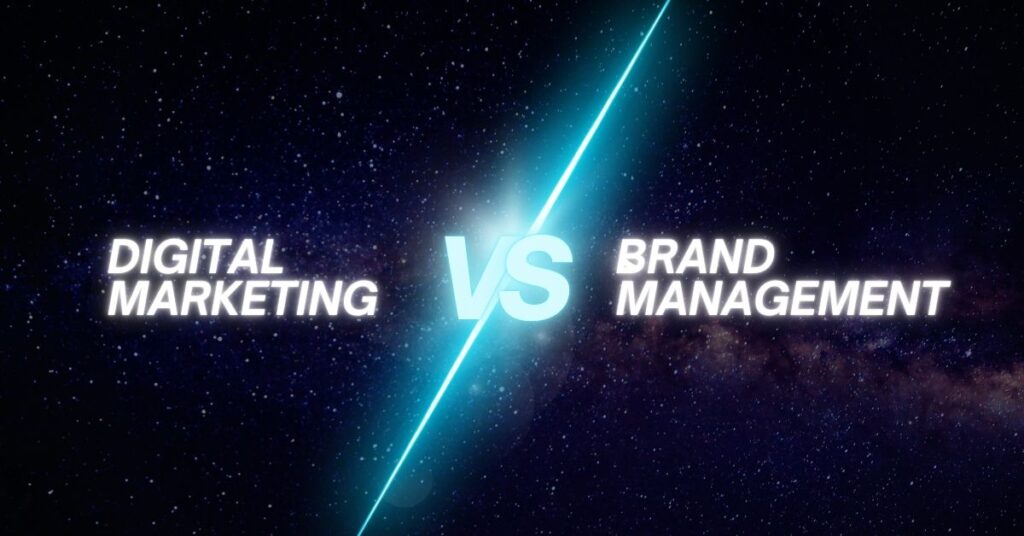
Is Digital Marketing Growing? An In-Depth Look at the Future of Digital Marketing
The answer to the question, “Is digital marketing growing?”, is a resounding yes. Digital marketing is not only growing but evolving at an unprecedented pace. This blog will dive into how digital marketing is evolving, the driving factors behind its growth, and what the future holds for businesses looking to leverage this essential tool.




